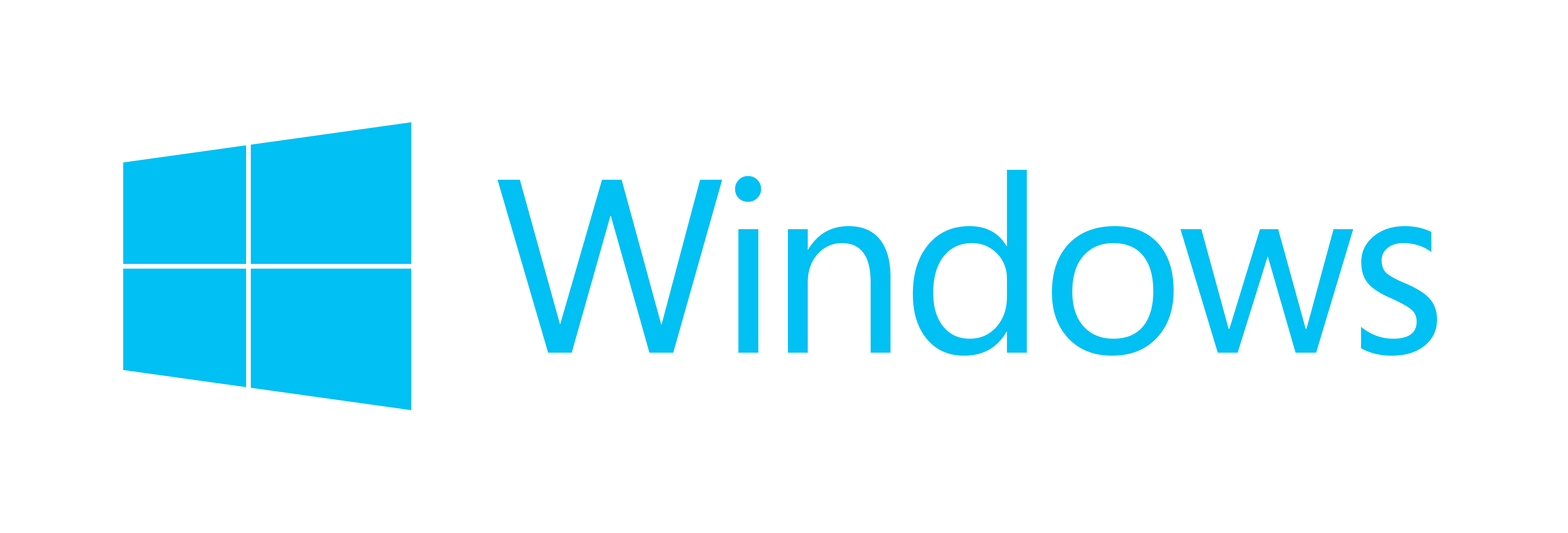Native Vs Hybrid – Demystifying the Technology Dilemma
All businesses face a common dilemma while deciding on mobile app development: should they choose native apps or hybrid apps. If you too are undecided about your choice, here are tips to help you decide what suits your needs best- Native Mobile Application Development or Hybrid App development. First, you need to understand the difference between the two types of apps, unravel the mystery that surrounds these two names.
The two principle technologies used for app development are the Android and the iOS. Both these systems work with the latest hand held devices that now dominate this world. The app you develop needs to work across all platforms to meet this shift in focus. Multi-platform apps development is challenging, and at the same time it brings opportunities to develop more and more creative and impressive products.
A native app is defined as smart phone or tablet application that is developed for specific and fixed operating systems. Such native apps have numerous advantages. They are fast and refined apps that promise great performance. This makes these apps very suited to permanent or long term functions such as games. Users find these native apps familiar and easy to use as they are accustomed to navigate similar apps. The ability these apps have of working along with other functionalities of on the device is an added advantage. These apps are readily accessible to a target audience. What is even more interesting and advantageous is that these apps do not depend on the internet to be accessed.
On the hand hybrid apps are those that built on the native apps or depend on them. They are not device specific and can be distributed across platforms very fast without the need to develop them separately for the two OS. These apps are developed using cross compatible technology and ride piggy back on native apps. This makes developing such apps fast and easy. However, you will need a developer familiar with web programming to develop a hybrid app. The cost of developing hybrid apps is considerably lower since they are not built from scratch. It also requires a single language for coding it.
Now take a look at the limitations of native and hybrid apps. As far as native apps are concerned, the limitations include high cost and the need of various expert developers with specific skills to complete the task. As for hybrid apps, they cannot provide the ease of handling and familiarity that native apps provide users. This drawback impacts the number of users interested in using them. Hybrid apps lack some of the features available exclusively to native apps. Hybrids as fall short in efficiency and they have higher chance of rejection at app stores in case of mistakes.
Select native or hybrid apps depending on your requirements and future plans for your app. Native mobile application development is appropriate for future functionalities; hybrid for more basic apps.
Author Bio:
EliteMobApp.com is a USA based leading mobile app development company offering native and hybrid mobile applications at affordable rates.


